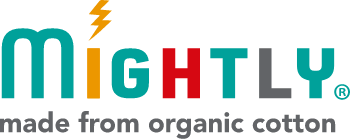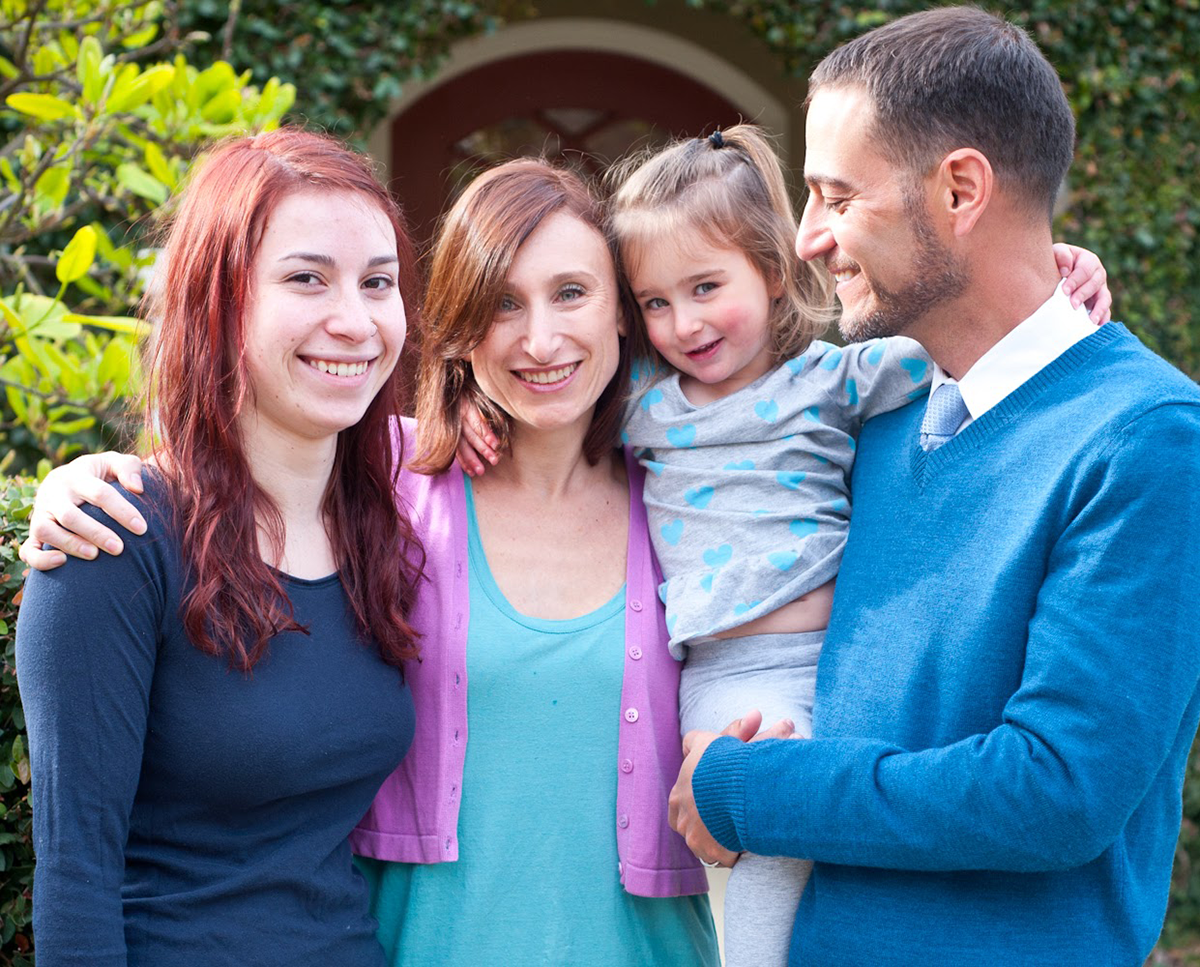Excepted from an interview in Authority Magazine. You can read the entire interview here.
Thank you so much for doing this with us! Before we dig in, our readers would love to “get to know you” a bit better. Can you share with us the backstory about what brought you to your specific career path?
My backstory looks a bit different from the stereotypical Bay Area entrepreneur. I do not have an Ivy League education or a background in tech. I had my older daughter when I was 19 and raised her as a single mother for the first 12 years of her life. There is no question that being a single working mother prepared me to be an entrepreneur. I became an expert at juggling competing priorities and stretching resources, and I learned the value of simply continuing to put one foot in front of the other, no matter what.
Early into motherhood, I realized that I was not going to be happy in just any job. I wanted a career I was passionate about, that was intellectually engaging and that allowed me to be creative. I studied fashion design at the Fashion Institute of Design & Merchandising in San Francisco and moved to New York for my first job in 1999. I loved being a designer and working with smart, talented women, but I quickly started to notice the industry’s exploitative and wasteful nature. I still enjoyed the art of creating clothes and the thrill of seeing items I had designed come to life on shop floors or on strangers walking down the street, but I didn’t feel good about the impact my industry was having on the planet or on the people who made the clothes I designed.
Then, in the summer of 2005, I traveled to China for work, a trip which ultimately validated my concerns. I remember standing over this wastewater catchment at the factory I was visiting and noticing how beautifully bright blue the water was. Then I started to wonder what happened to that water, which was clearly contaminated. Where did it go? How was it treated? Where did it come from in the first place? When I got back from the trip, I started doing research into the environmental impacts of the apparel industry. I learned that textile mills generate around a fifth of the world’s pollution, that non-organic cotton farming is the fourth largest agricultural user of pesticides, and that the water used to grow cotton is often siphoned from drought-threatened rivers and lakes in cotton-growing regions.
Around this same time, I started noticing that many of the women who were shopping at New York City farmer’s markets were wearing expensive jeans from brands like 7 for all Mankind and Citizens of Humanity. Clearly these brands were tapping into something women wanted, but I knew they weren’t living up to their aspirational names. I was sure that these customers, who were all shopping for local, organic food, would love to have the option of wearing jeans with the same premium look and fit but which were made in an eco-conscious way.
The Covid-19 pandemic has affected nearly every aspect of our lives today. Can you articulate to our readers what are the biggest family related challenges you are facing as a woman business leader during this pandemic?
I have a nine-year-old at home who is dyslexic and has ADHD and, like most of us, sometimes struggles with anxiety. Supporting her in school was already a challenge before the pandemic. It has become exponentially harder since she started distance learning. I’m sure some nine-year-olds are capable of sitting in front of a computer all day and independently completing online assignments, but for my child this simply isn’t possible. Someone must be available to assist her throughout the school day, which is also a workday for both her father and myself. The most obvious challenge has been figuring out how to provide the support my daughter needs while still having enough time to dedicate to my fledgling business. But the more fundamental challenge is how do I protect my relationship with my daughter now that I am playing the role of teacher in a learning environment that is completely unsuitable for her?
Can you share your advice about how to best work from home, while balancing the needs of homeschooling or the needs of a family?
For households with two working parents, I believe it’s critical to be thoughtful and intentional about how you and your partner split responsibilities during this time. Both parties need to acknowledge that we’re living through exceptional circumstances. Whatever was working before is unlikely to work now. If your partner wasn’t an equal participant in childcare or managing the house before, now is the time for them to step up. There are things we can all do to make working from home more pleasant and efficient, like making sure that all members of the household have their own dedicated work space (even if it’s just a taped off part of the kitchen table). But the reality is that there is no tip, trick, or hack that matters nearly as much as a mutually supportive relationship.
Many single working parents are in an even tougher bind. I’ve been inspired by the single moms I know who have built strong communities around themselves and their children and are able to tap into these support networks. Most working women are continually wondering how to be more efficient and effective. How much more can I squeeze out of myself? But perhaps a better question would be, who can I turn to for mutual support?
Can you please give us your favorite “Life Lesson Quote”? Can you share how that was relevant to you in your life?

My favorite life lesson quote is from the poet Anne Sexton, “Put your ear down close to your soul and listen hard.” I love this quote because it’s a reminder to listen to one’s intuition. Women are often taught to ignore our intuition, rather than to treat it as a source of wisdom. The best decisions of my life have been choices that didn’t make logical sense, like having a child so young or leaving a stable job to start a company. These were choices I made based on what I intuitively felt was right for me and that I was highly motivated to make work. Blindly following your gut, without being clear-eyed about the challenges, probably won’t work out well. However, intuition plus hard work can be a powerful force.



